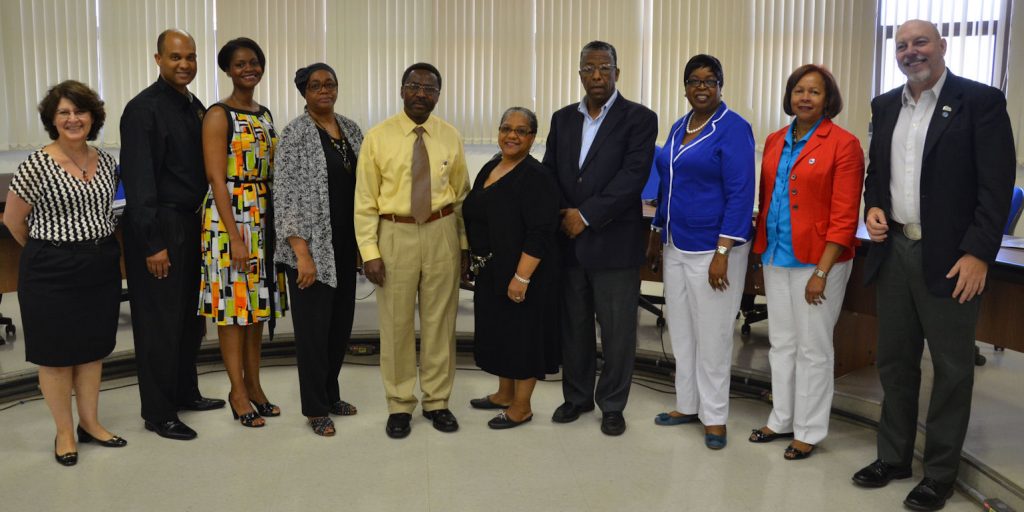
The exciting news that came with the HBCU visit is that the Brazilian Ministry of Education is going to fund scholarships for prospective Brazilian secondary school teachers to go to HBCUs. The plan is for them to start their university studies in Brazil for the first year. After that, they spend two years in HBCUs, and then return to Brazil for their fourth year to graduate in Brazil.
We have to work out details. This program will be complicated because it is specifically designed to send only to HBCUs and the Brazilian target audience will be Brazilians of African descent. This kind of affirmative action is controversial in Brazil and difficult for practical reasons.
Brazilians don’t recognize the same racial categories as we traditionally have. In America, race was identified as any African descent, no matter how small a percentage or physical appearance. Brazil is not so black and white. Most Brazilians have some kind of mixed heritage and it has always been appearance rather than heritage that counts. Brazilians are not surprised to find that a “black” man and a “white” one are brothers, or that parents might have children of what we would call different races. That is, if they even bothered to think about it at all. In the U.S., we would probably try to resolve this dilemma; in Brazil the dilemma just doesn’t exist. You are what you look like and the definition might vary. An individual, who might be called mostly black in primary European southern Brazil, might be identified as mostly white in heavily African heritage Bahia. There is a famous case at the University of Brasília where identical twin brothers were classified into different racial categories.
The use of racial categories for affirmative action purposes is creating the need to more closely and permanently define racial identity. Blacks make up less than 8% of the Brazilian population, but mixed race people are more than 43% and even among the 48% that now identify as white, there is room for interpretation. If there is advantage, more people will emphasize their African heritage and the African-Brazilian population will likely grow despite falling birthrates.
One thing that may be useful in casting a wider net is additional emphasis on English. Students from poorer backgrounds, which often include more African-Brazilians, tend not to have English up to the level required for university study. English is the single biggest barrier to a more inclusive education policy. The Brazilian government is working to improve English competence in general and specifically they will fund additional English study for those selected to go to HBCUs.
